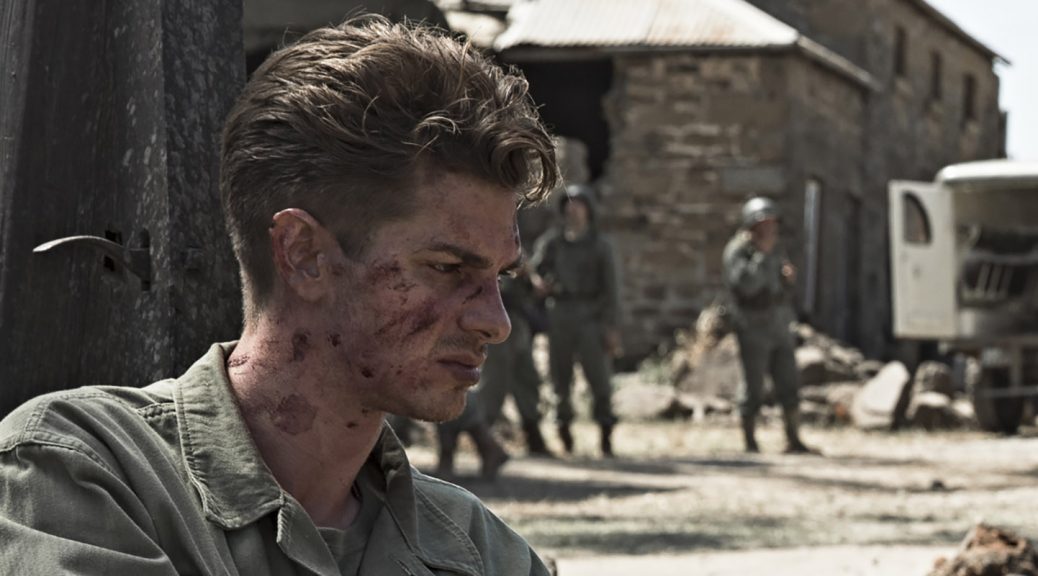
“He who wishes to fight must first count the cost,” said Chinese general Sun Tzu in The Art of War, his book on military strategy.
By Vania Chew.
Desmond Doss was all too aware of the cost that would come with war. During his childhood, he often spent time looking at a framed poster of the Ten Commandments that his father had bought at an auction. The poster depicted Cain, a man who had killed his brother, holding a club and standing over his brother’s body (you can read the story in Genesis 4).
“When I looked at that picture, I came to the Sixth Commandment, ‘Thou shalt not kill,’” said Doss. “I wondered how in the world could a brother do such a thing? It put a horror in my heart of just killing.”
How could a man go to war if he refused to kill? If he didn’t want to carry a weapon, the battlefield should be the last place that he wanted to be. In fact, Doss was offered plenty of opportunities to avoid the wartime conflict — even a psychiatric discharge that would deem him unfit for war. But he wouldn’t accept the discharge.
Irish statesman Edmund Burke once said, “The only thing necessary for the triumph of evil is for good men to do nothing.”
Doss was a conscientious objector because he didn’t want to take lives. However, he also recognised that his service could help save lives. And he wasn’t content to do a poor job. He was determined to serve to the best of his ability. As Doss lowered soldier after soldier to safety in the midst of enemy fire, he would pray, “Lord, help me get one more!”
Matthew 7:12 says, “Do to others whatever you would like them to do to you.” (NLT). If we were in positions of need, we would want people to do their best to help us. Doss’ story of service should inspire us to help those in need — not only to serve, but to go beyond the call of duty.